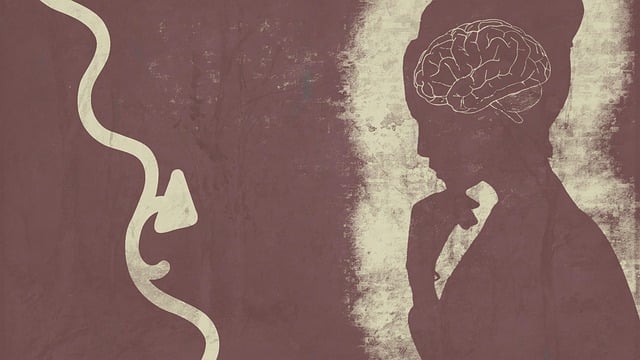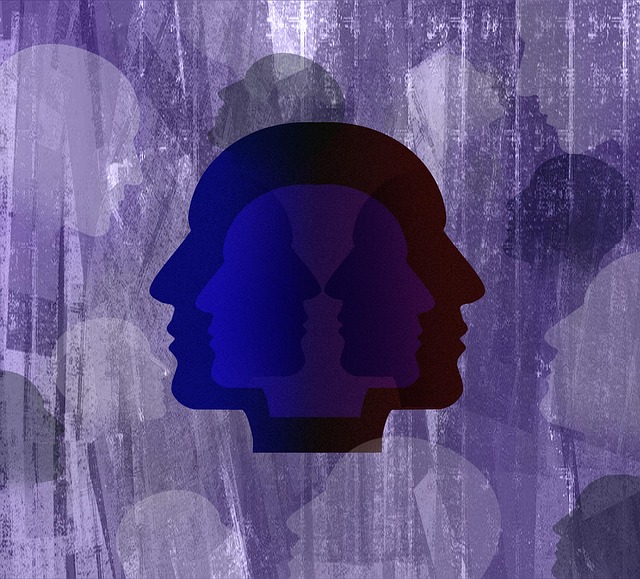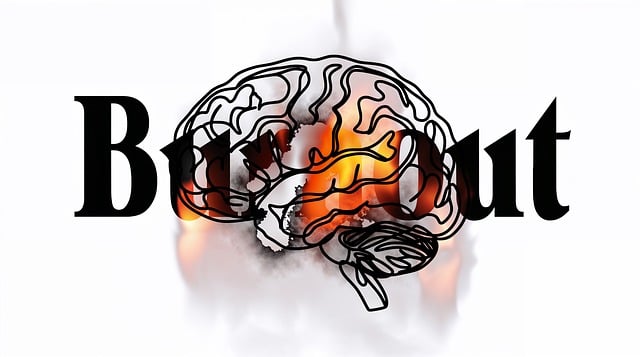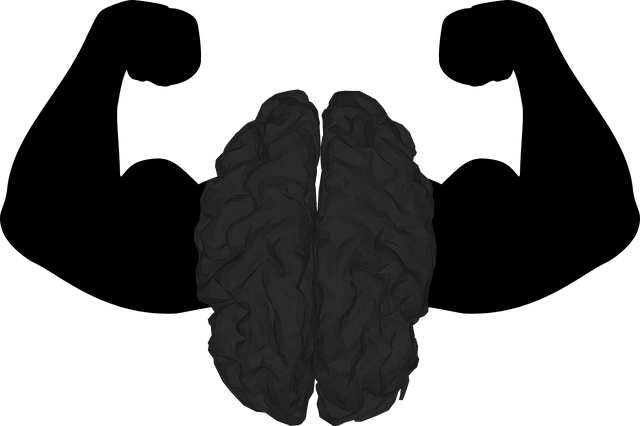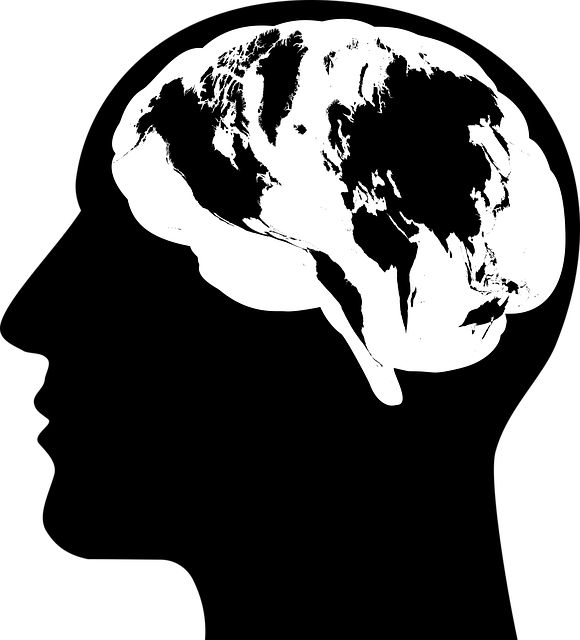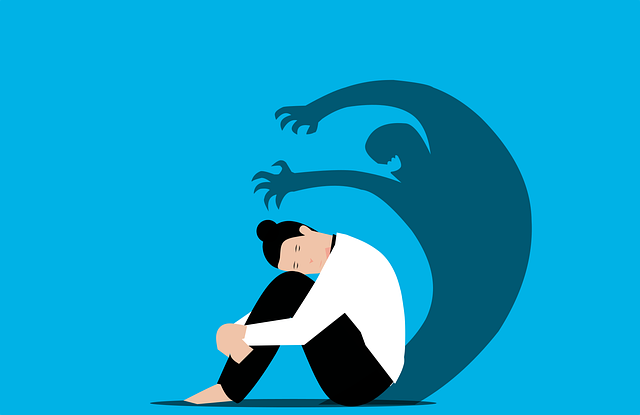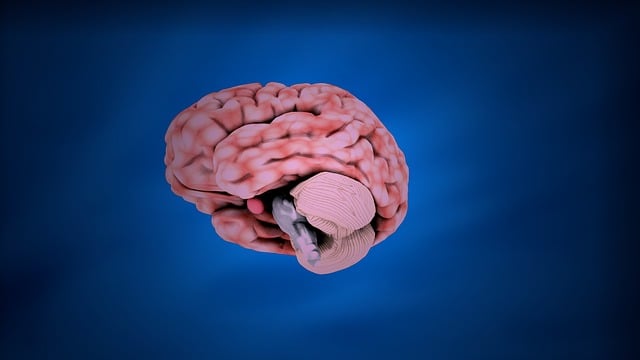Lafayette Child Abuse Therapy advocates for breaking down mental health stigmas through education, offering tailored programs for diverse audiences like children, teens, parents, and healthcare providers. Their blended learning approach combines interactive activities, case studies, podcasts, and self-care practices to foster resilience and emotional regulation. By prioritizing cultural sensitivity, self-care, and continuous improvement, Lafayette Child Abuse Therapy creates impactful mental health education that resonates with participants from various backgrounds while empowering them to navigate life's challenges.
In today’s fast-paced world, mental health education is more vital than ever. This comprehensive guide explores the design of effective programs aimed at fostering well-being. From understanding mental health and breaking down stigma to identifying diverse target audiences, curriculum development, implementation strategies, and assessment techniques, we provide a roadmap for creating impactful initiatives. Discover how tailored programs, inspired by Lafayette Child Abuse Therapy’s success, can revolutionize mental wellness education in various communities.
- Understanding Mental Health: Breaking Down Stigma and Misconceptions
- Identifying Target Audiences: Tailoring Programs for Different Groups
- Curriculum Development: Creating Engaging and Effective Lessons
- Implementation Strategies: Ensuring Program Success and Sustainability
- Assessment and Feedback: Measuring Impact and Continuous Improvement
Understanding Mental Health: Breaking Down Stigma and Misconceptions

Understanding mental health is a vital step in creating an effective education program. Too often, stigma and misconceptions surround this critical topic, leading to barriers in accessing support. The first step in designing any educational initiative should be to break down these myths and provide accurate information about mental wellness. This involves explaining various conditions, their causes, symptoms, and available treatment options without judgment or sensationalism.
At Lafayette Child Abuse Therapy, we recognize that mental health is a diverse landscape where each individual’s experience is unique. Our Mental Wellness Podcast Series Production aims to reach a wide audience with evidence-based content. Additionally, incorporating self-awareness exercises in educational programs can empower people to recognize their own and others’ mental health needs, fostering an environment of open dialogue. Furthermore, ensuring cultural sensitivity in mental healthcare practice is essential to providing inclusive support, addressing diverse perspectives, and respecting different cultural contexts.
Identifying Target Audiences: Tailoring Programs for Different Groups

Identifying target audiences is a crucial step in designing effective mental health education programs. Different groups—such as students, parents, healthcare providers, and working professionals—have unique needs and challenges. For instance, programs aimed at children and teens should focus on building resilience and coping mechanisms to navigate stress and emotions, while those targeted at parents could benefit from workshops on communication skills and managing family dynamics during stressful periods.
In the context of Lafayette Child Abuse Therapy, for example, tailored programs can address specific issues like trauma recovery and emotional regulation. Similarly, for healthcare providers, incorporating burnout prevention strategies and stress reduction methods is essential. These might include mindfulness practices, self-care techniques, and peer support networks to foster inner strength development and sustain mental well-being in demanding professions.
Curriculum Development: Creating Engaging and Effective Lessons

Curriculum development for a mental health education program requires careful consideration to ensure engaging and effective lessons. At Lafayette Child Abuse Therapy, we understand that tailored content is key to fostering meaningful learning experiences. Our approach involves integrating Resilience Building strategies and Mind Over Matter Principles throughout the curriculum, ensuring each lesson resonates with participants and promotes practical application. By combining interactive activities, real-life case studies, and expert insights from our team of professionals, we create a dynamic environment where individuals can explore mental wellness topics in depth.
To enhance engagement, our program incorporates multimedia elements such as Mental Wellness Podcast Series Production, encouraging active participation through discussions, group exercises, and personal reflections. This blended learning approach not only caters to diverse learning styles but also empowers participants with valuable skills to navigate their mental health journeys effectively. By combining theoretical knowledge with practical tools, we aim to equip individuals with the resilience needed to overcome challenges and thrive in all aspects of life.
Implementation Strategies: Ensuring Program Success and Sustainability

Implementing a mental health education program requires strategic planning to ensure its success and long-term sustainability, especially when addressing sensitive issues like child abuse. At Lafayette Child Abuse Therapy, we emphasize practical strategies to make these programs impactful. One key approach is tailoring the curriculum to diverse audiences, considering cultural sensitivity in mental healthcare practice. This involves recognizing and respecting different cultural backgrounds, beliefs, and values, ensuring that the program resonates with participants from various ethnic, religious, and socioeconomic groups.
Additionally, fostering a culture of self-care within the program is vital for both participants and facilitators. Encouraging the development of self-care practices and routines for better mental health can significantly enhance overall well-being. By integrating self-care activities into the education process, individuals learn to prioritize their mental health, which can lead to improved resilience and better coping mechanisms in the face of challenges, including potential trauma or abuse experiences.
Assessment and Feedback: Measuring Impact and Continuous Improvement

Effective mental health education programs rely heavily on assessment and feedback mechanisms to measure their impact and facilitate continuous improvement. This involves tracking participant progress, gathering qualitative and quantitative data, and soliciting regular input from both students and instructors. At Lafayette Child Abuse Therapy, for instance, pre- and post-program assessments help identify knowledge gaps and track behavioral changes related to stress management and trauma support services.
By incorporating feedback loops, programs can refine their curriculum, enhance communication strategies, and ensure that the educational content remains relevant and impactful. This iterative process encourages a dynamic approach to mental health education, fostering an environment where learning is continuous and adapted to meet the evolving needs of participants.
Mental health education programs, like those designed by Lafayette Child Abuse Therapy, are instrumental in fostering awareness, breaking down stigma, and providing valuable skills. By understanding diverse audiences, developing engaging curricula, and employing effective implementation strategies, these programs can achieve significant impact. Continuous assessment and feedback ensure their evolution to better meet the needs of individuals and communities. Investing in mental health education is a crucial step towards creating a more empathetic and resilient society.
